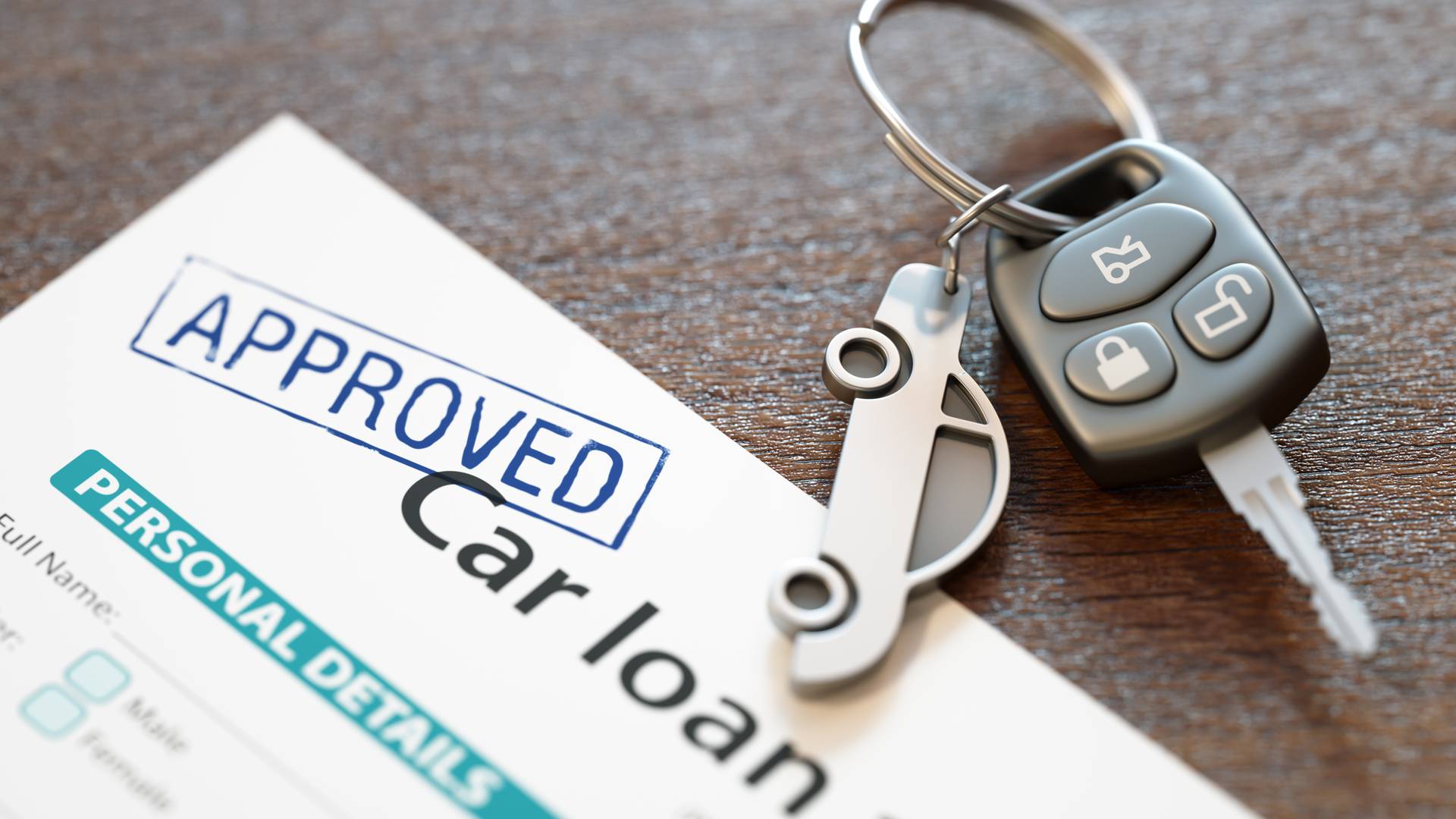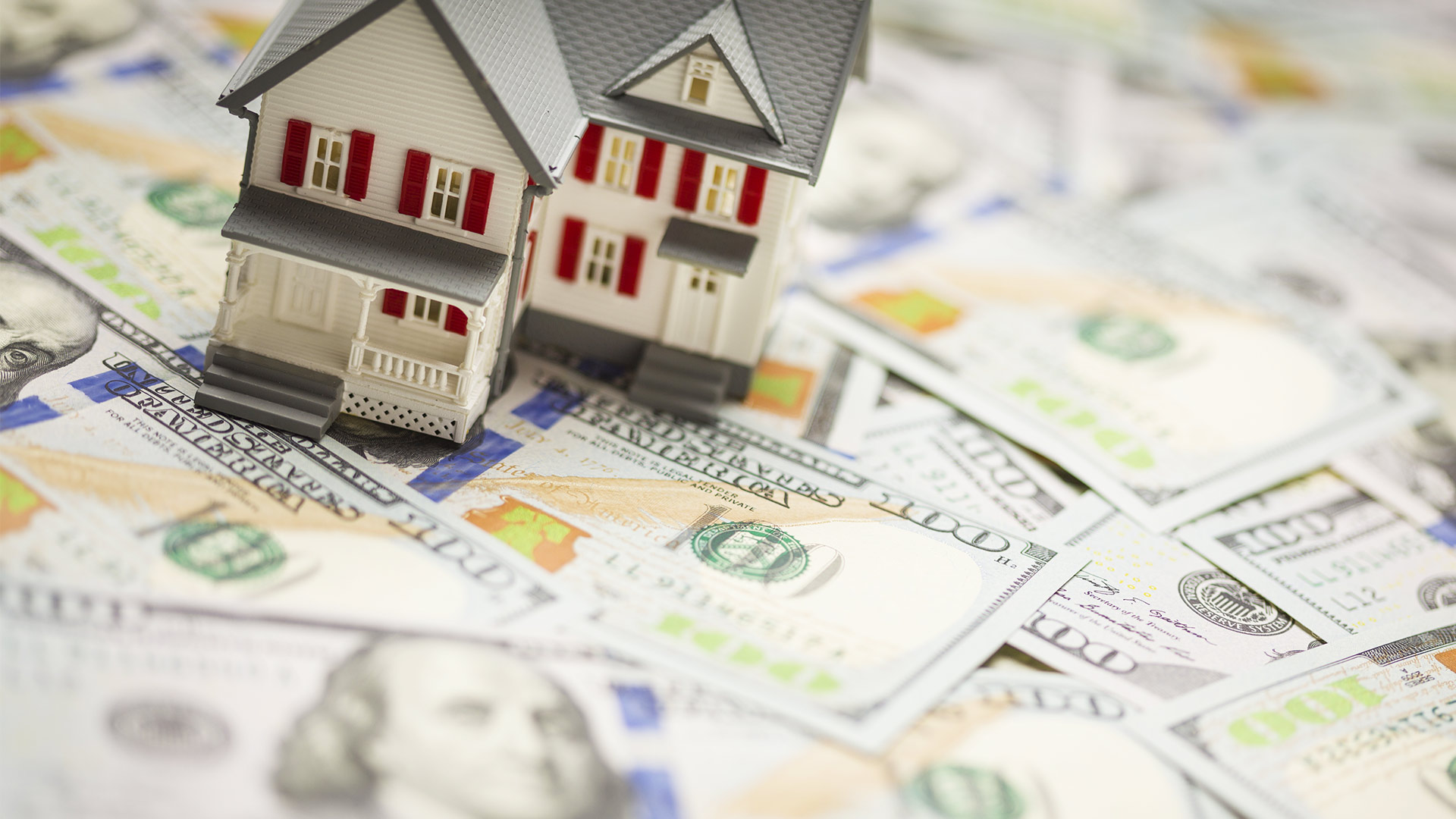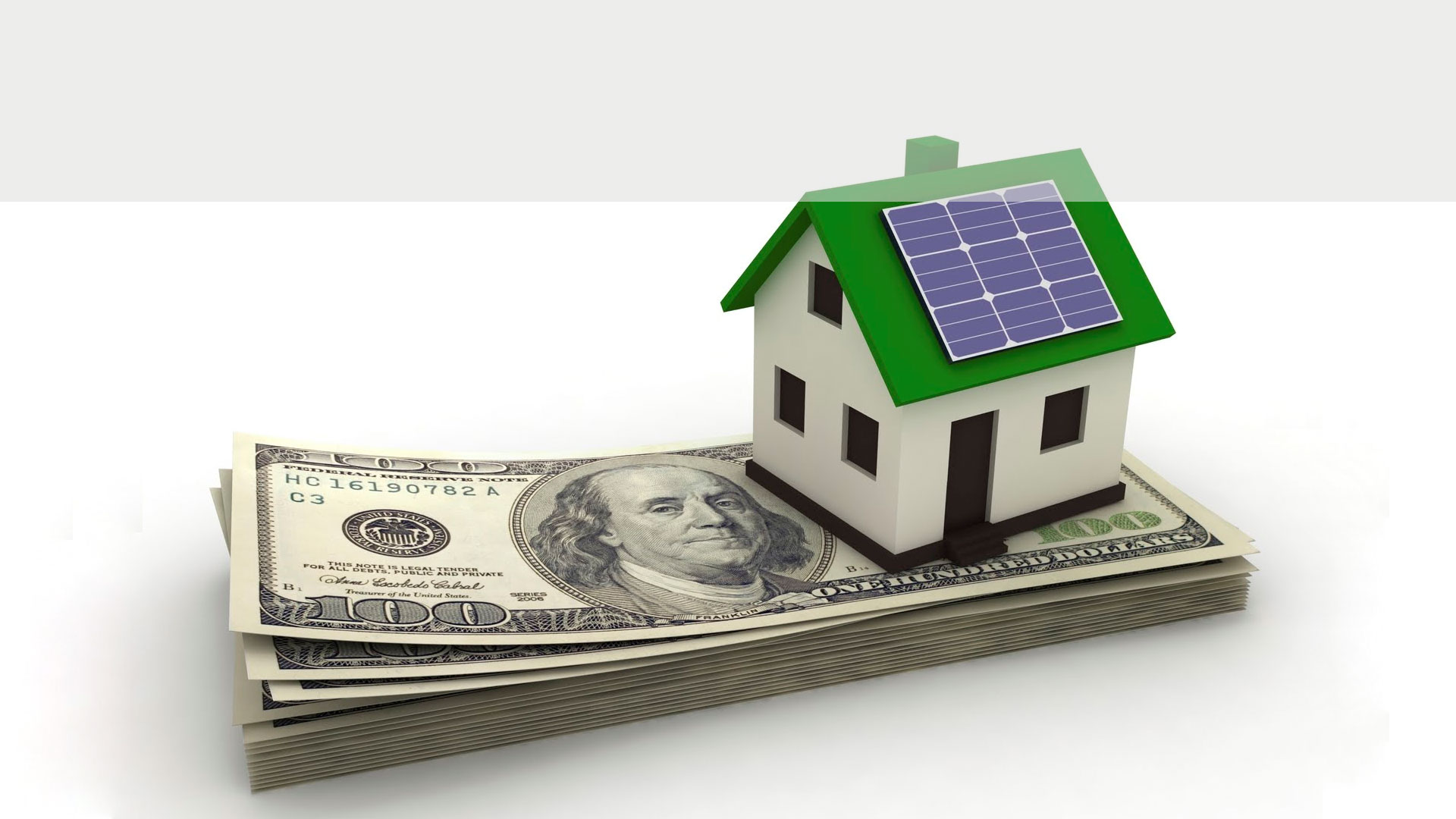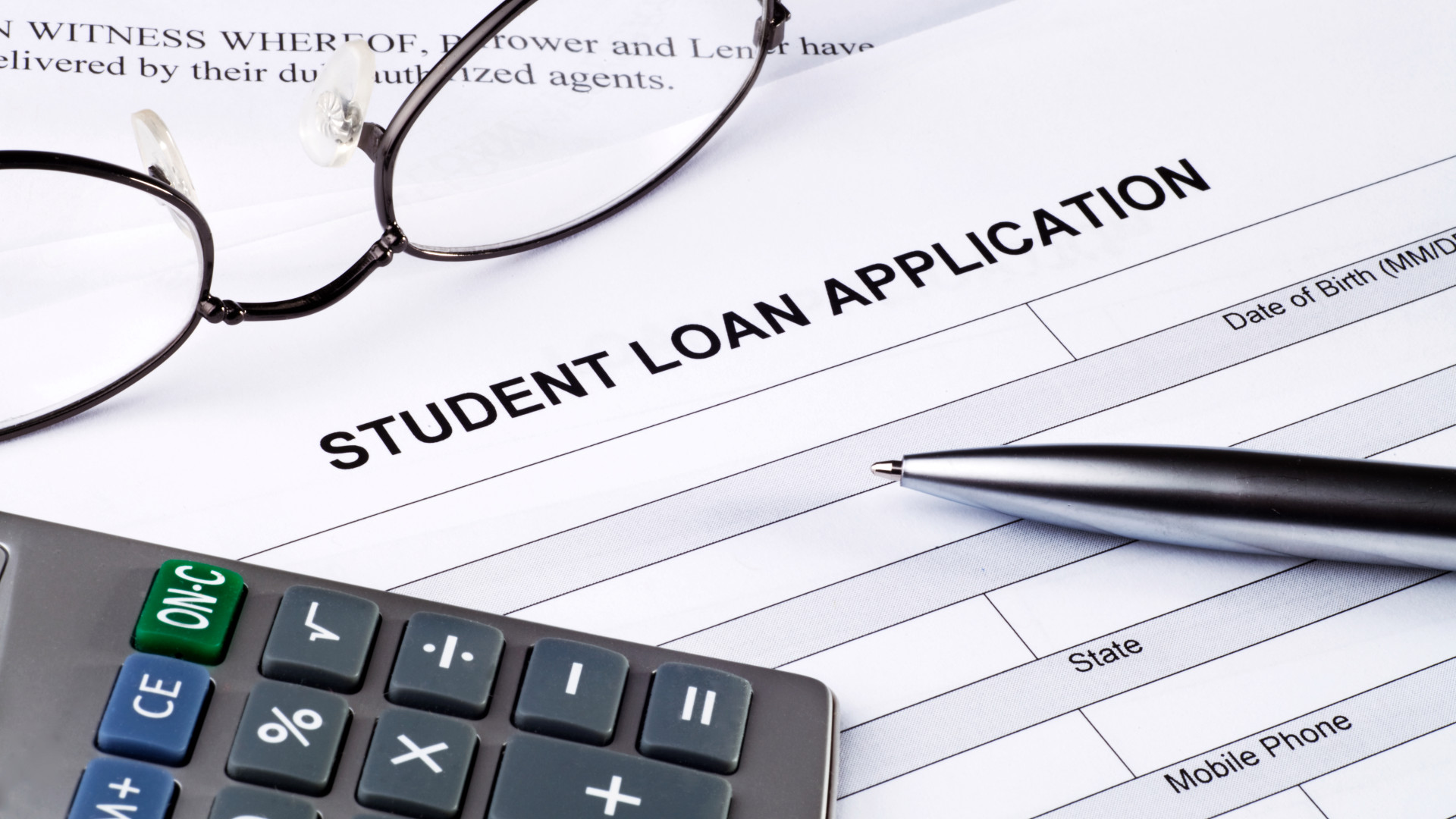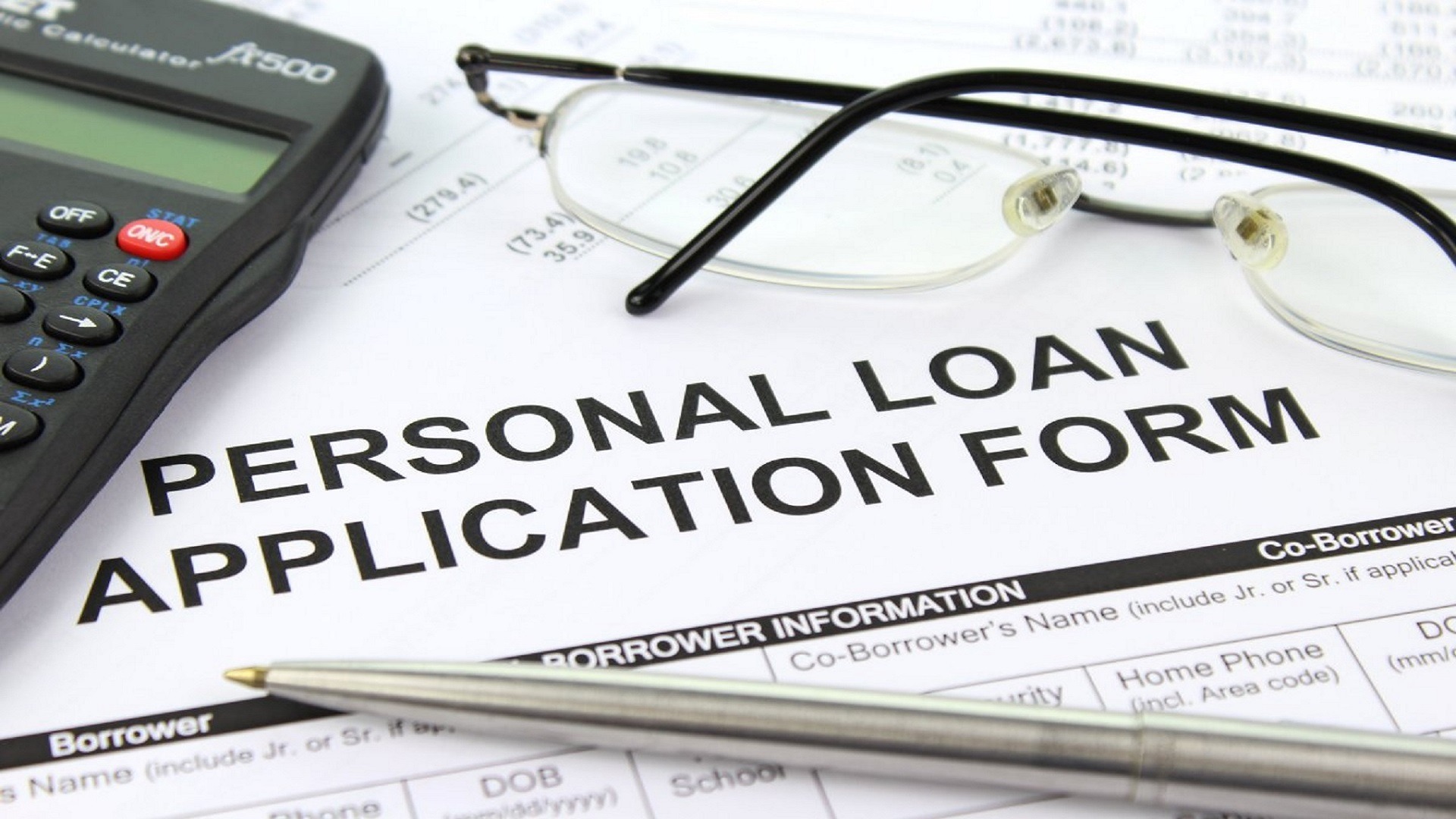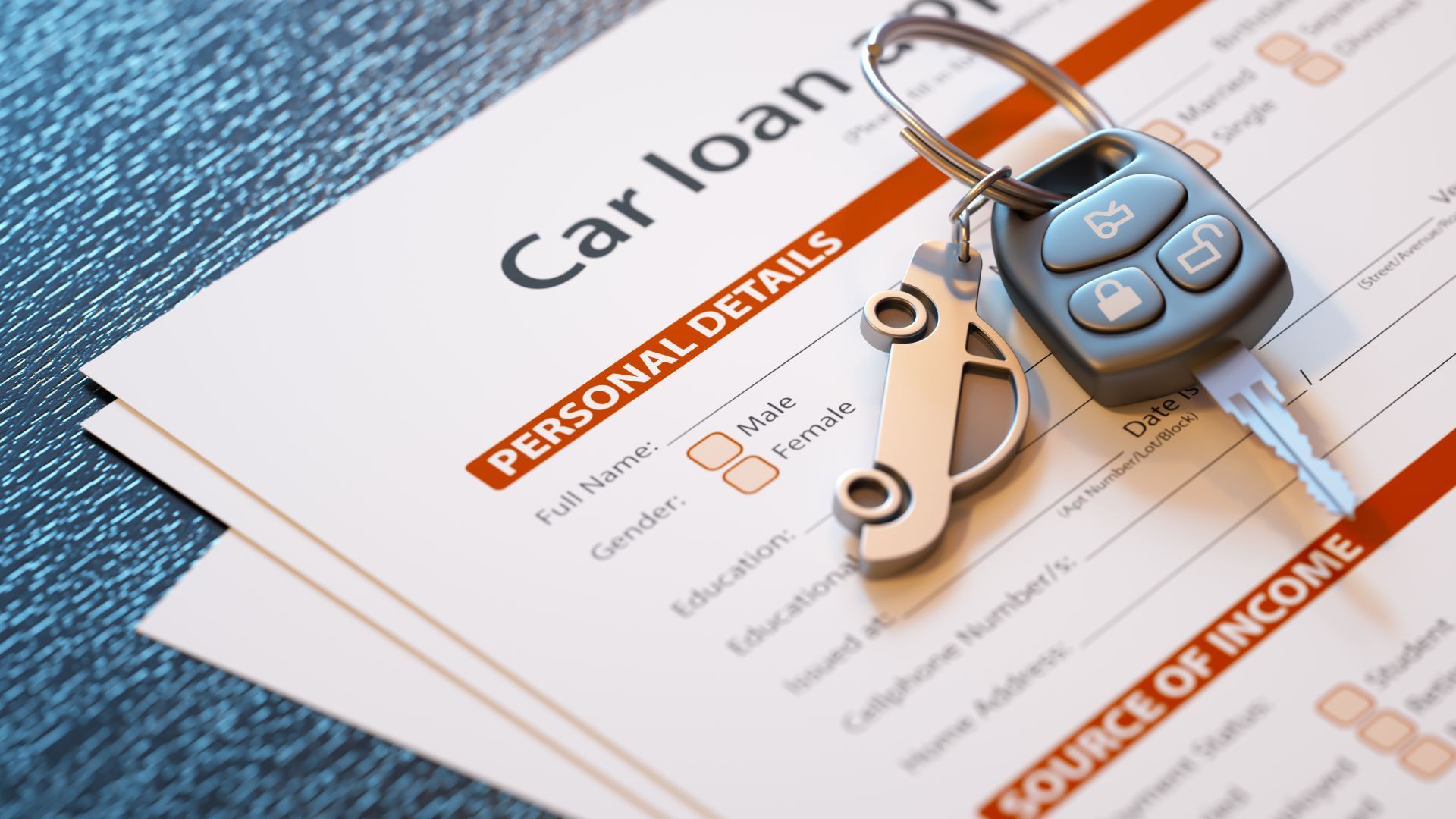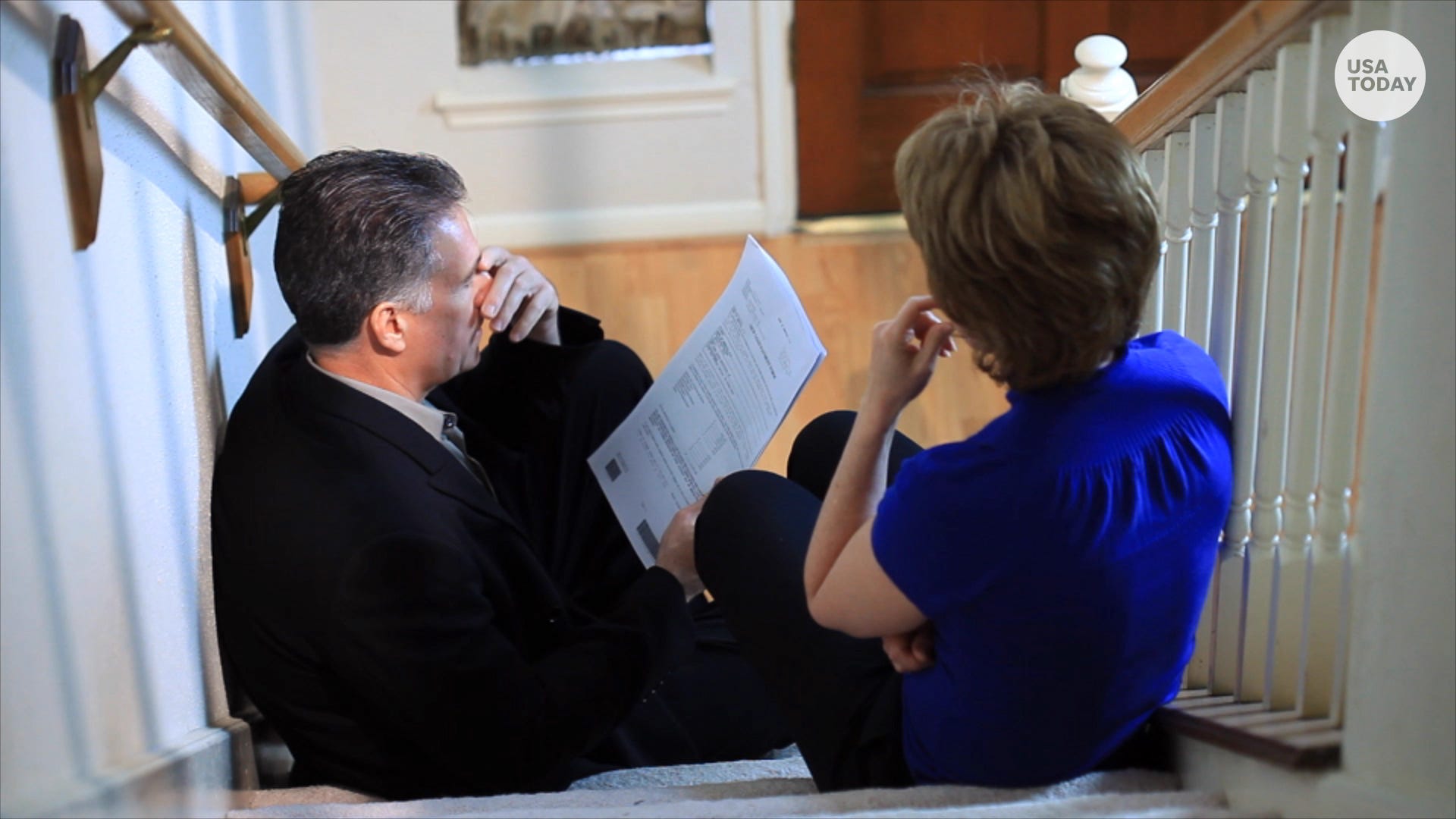In the event that you want to save money on interest and pay your loan off early, refinancing your mortgage could be a great option.
In the event that you claim a home, it’s a smart thought to reassess your loan periodically to check whether you can locate a superior deal somewhere else. Lower interest rates, an improved credit score, or diverse loan terms may allow you to save a huge number of dollars in interest.
Pursue these tips to answer the unavoidable issue: “Should I refinance my mortgage?” Here are a few reasons refinancing could be a smart thought:
1. You can save on interest
The number one reason to refinance a mortgage is to save money. For a great many people, that originates from a lower mortgage interest rate. Try not to underestimate the intensity of even a small rate change. In the event that you can save only 1% in interest, it could be a massive savings.
For example: On a $100,000 loan with a 30-year term, you would pay about $93,000 in interest over the life of the loan at 5% APR. At 4%, you would pay about $72,000 in interest. That’s about $20,000 in savings — and significantly greater loan balances translate to much more savings.
Contingent upon when your current mortgage started, you may have the option to save a group. On the off chance that you’ve been paying your loan on schedule and handle other loan accounts well, your credit score may be superior to anything when you applied for your current mortgage. That can qualify you for much more savings, as a higher credit score can qualify you for better rates.
2. You can payoff your loan sooner
One of the most popular mortgage terms is 30-years. This is beneficial to borrowers because they get the least conceivable monthly payment. Be that as it may, on the off chance that you are able to afford somewhat more each month, you may have the option to pay off your loan sooner as another path to savings.
Refinancing from a 30-year loan to 20, 15, or 10 years, for example, could cut a decade or two off of your payoff period. That means less years of payments and lower interest costs overall. As an added reward, many lenders will give you a lower interest rate on a shorter-term loan. That can give you a twofold portion of savings compared to your current mortgage.
While a higher monthly payment means you have less to spend at the present time, in the event that you can afford to refinance it can typically save you money on interest. Simply think about what you’ll do with that extra cash each month once your home is paid off.
3. You can change to a different type of loan
At the point when you were shopping for mortgages, you probably came across loans with fixed and variable interest rates. Between ARMs (adjustable rate mortgages) and focuses and different details, it’s easy to get overpowered. In any case, since you’ve had some experience with your current mortgage, you may think back and wish you could have done things another way.
In the event that you started out with a variable rate loan and want to change to a fixed rate to lock in what you’ll pay for the remainder of your loan’s term, you could be in the perfect situation to refinance. Disposing of future uncertainty is a popular reason to refinance. Current low-rates make it a great time to pull the trigger.
4. You can tap into home equity
On the off chance that your home has gone up in value since you got it or you’ve made enormous advancement paying down your mortgage, you could be perched on a gigantic heap of home equity. You shouldn’t necessarily access that equity without a valid justification, however there are a great deal of valid justifications to haul a portion of the value out of your home.
Kitchen, bathroom, basement, and other home renovation ventures may add value to your home. In case you’re lacking in cash, a home loan could be an ideal way to pay. You can even work with your lender for a cash-out mortgage refinance. In this scenario, you would refinance your loan at a higher amount than the current one. A cash-out refinance means you would get a check for the distinction.
Should I refinance my mortgage? Yes, if the numbers add up
In the event that you refinance and pick a loan with high charges or a higher interest rate, you could end up losing a ton of money. A higher interest rate means a greater expense for each and every dollar you get. That’s virtually never a decent deal.
Small interest savings may not be worthwhile if the new lender charges significant shutting costs. That’s the reason you ought to always figure it out when choosing a refinance. Don’t simply pursue your senses, pursue your dollars. In the event that the numbers work out in your favor, refinancing your mortgage could be a great idea.



